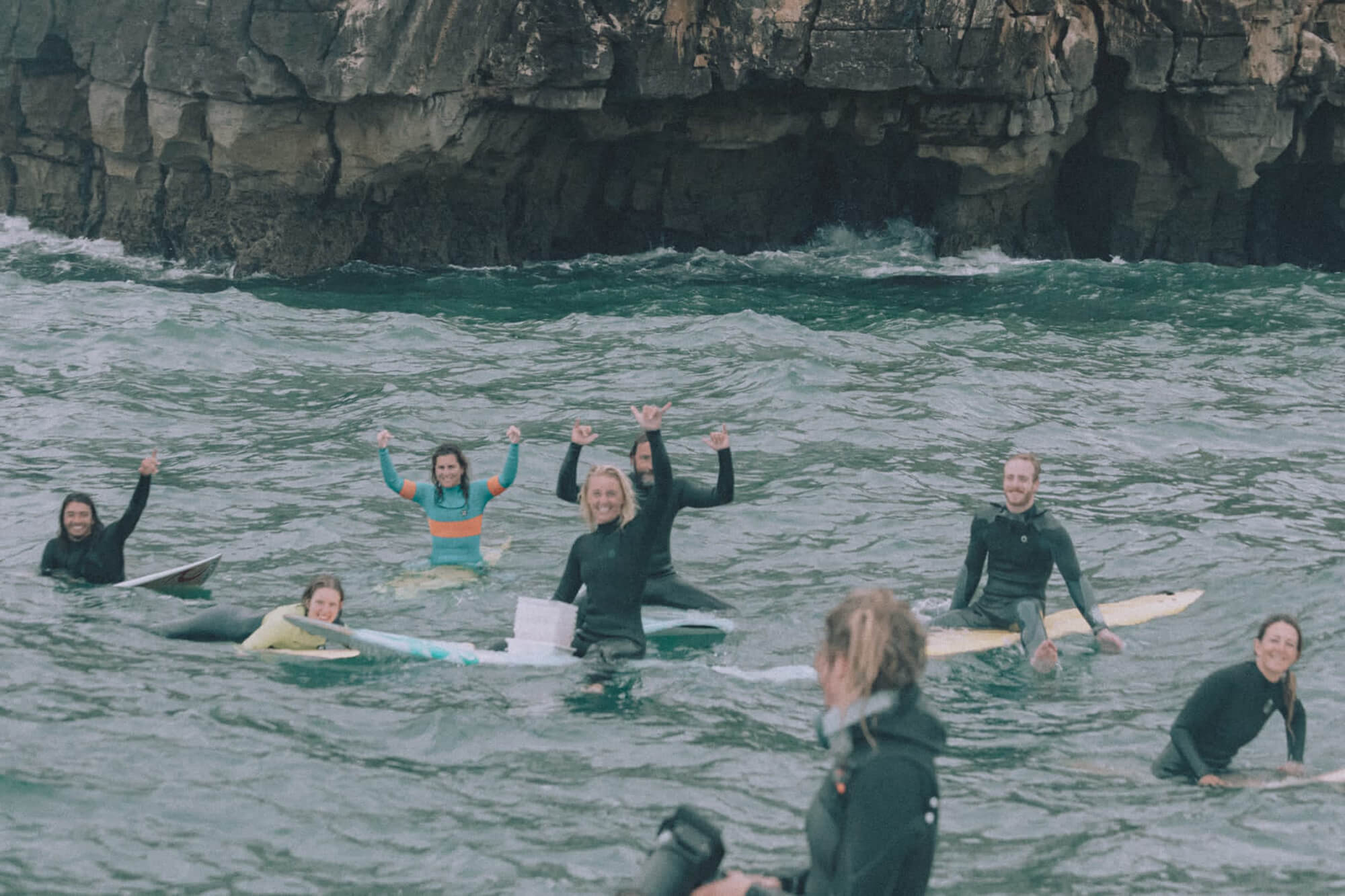
The year 2021 saw the beginning of the Ocean Decade, but it was also the year surfing made its debut in the Olympics. Both indicate humanity’s relationship with the Ocean is evolving.
Surfing is a unique sport in that it requires tremendous understanding of the Ocean – especially its fluctuating tides and conditions – in order for surfers to yield the best waves and reach their highest athletic potential. Yet, surfing, which originated in Polynesian Islands and Peruvian coastlines thousands of years ago, was traditionally a way for coastal communities to connect with their greatest resource: the Ocean, and not necessarily a way to show off their sporting prowess.
Since its modernisation, and the rise of surfing into the Olympic sporting arena, one aspect has been lacking throughout this pursuit of humans riding waves. Despite surfing taking place in the Ocean, and despite surfers needing Ocean spaces to be healthy and resilient, the focus of surfing has been one of commodifying and conquering waves. Surfers tend to spend their time doing exactly that, rather than studying, monitoring or conserving the marine habitats that they frequent. They simply just go surfing, but still have a deep connection to the Ocean and all it provides for them.
ReGeneration Surf saw this as an opportunity to combine novel Ocean restoration techniques with the Ocean literacy expertise of surfers, and to help pilot citizen science (using surfers specifically) in the field of Kelp restoration.
A Decade of Ocean Science Activity, ReGeneration Surf is a project that brings together several Portuguese organisations (Oceans and Flow, Mossy Earth, Seaforester and Zero Waste Lab) across Ocean disciplines, and is coordinated by ECOP Natalie Fox. Natalie is an MSc Sustainability graduate, produced a paper on the intersection between surfing and ocean literacy, and presented her work at V.ECOP day in 2021.
Almost a year on from V.ECOP day on 31 May 2022, deployment day took place in Peniche, Portugal. Deployment day meant that that the “green gravel” that had been seeded at the IPLeira lab by Mare Institute scientists, Seaforester and World Surf League commentators, back in March 2022, would be released into the Ocean. The Kelp seeds had successfully secured onto the gravel and grown into baby Kelp plants. It was time to replant the Ocean with this species of Kelp (Laminaria ochroleuca) which is disappearing from Portuguese coastlines.
The project not only raises awareness of the multiple ecosystem services macroalgae like Kelp provide – filtering seawater, providing nutrients, food and habitat for marine species, carbon capture – but brings people together in the name of Ocean science and action. Surfers and scientists were able to talk about what they have been observing through their personal work and practices, delving into issues affecting the local (and global) Ocean. These vital conversations help facilitate development in co-designing further citizen science, restoration and conservation efforts.
ReGeneration Surf will be joining Seaforester for a special side event during the UN Ocean Conference week in Lisbon on 30th June, to talk about engaging local communities in marine restoration. For more information visit ReGeneration Surf.
To learn more about the plight of the Golden Kelp, read the scientific paper by ECOP João Nuno Franco that investigates and reports on: “Laminaria ochroleuca under global change”.
ReGeneration Surf was made possible by grant funding from the World Surf League (through their We Are One Ocean campaign) and all the ReGeneration Surf coalition partners: Oceans and Flow, Mossy Earth, Seaforester and Zero Waste Lab. A huge thank you goes out to all the surfers, filmmakers and volunteers that joined together for deployment day – a day that pioneered surfers giving back to Ocean habitats and hopefully planting a (Kelp) seed for the future to restore coastal ecosystems.